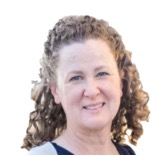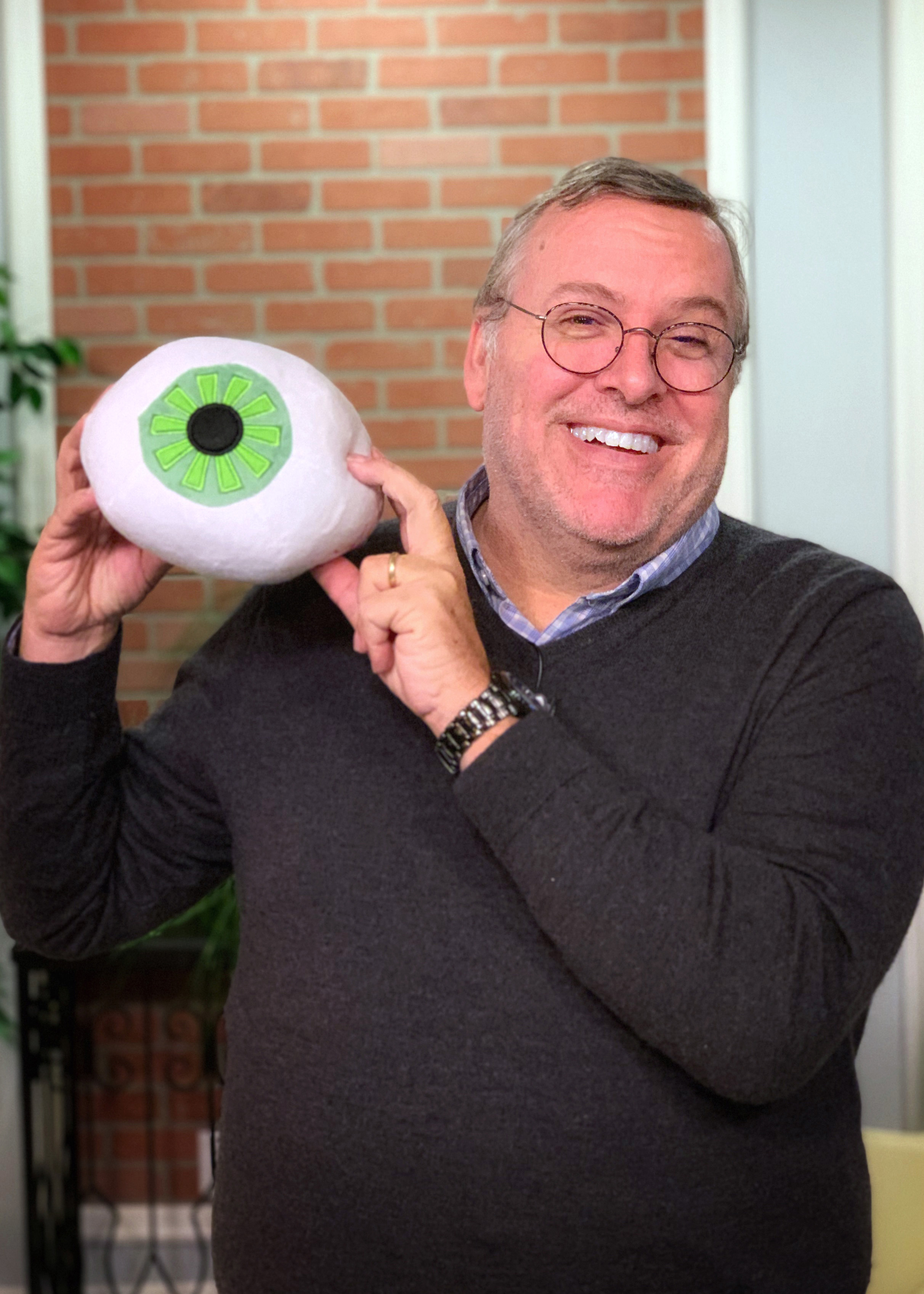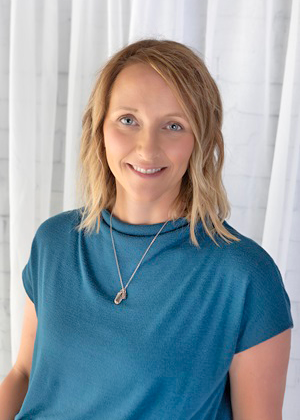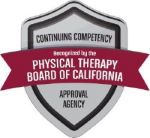Course Description
Welcome to VISCON 2026!
Where Vision, Brain, and Body Come Together
The neuro-vision conference designed to connect the dots between accommodation, autonomic function, visual processing, and interdisciplinary care. Over three powerful days, you’ll uncover how the brain, eyes, and body work together — and what happens when those systems break down. VISCON 2026 will be led by industry leaders, including Dr. Michael Saxerud, a Doctor of Optometry, delivering expert-led sessions that bridge therapy and eye care, with engaging demonstrations, collaborative case studies, and actionable strategies that elevate real-world clinical outcomes. VISCON 2026 equips you with the clinical insight and hands-on strategies to elevate outcomes for every client you treat.
FRIDAY:
Don’t Lose Focus! Visual Accommodation for Learning and Life
Sharpen your clinical vision and take a deep dive into visual accommodation– the brain-driven process that keeps our world in focus. This four-hour course offers allied health practitioners an overview of the visual skill of accommodation through an occupational therapy lens. Explore the neural pathways that support this critical function, examine common diagnoses (such as accommodative insufficiency, infacility, presbyopia, and others), and understand their impact on functional vision and occupational performance. Interactive elements, including case study video presentations and treatment ideas, ensure participants translate theory into practice. By the end of this course, you will gain practical skills to assess accommodative function and design interventions that enhance performance with adaptable strategies for clients across ages and settings.
SATURDAY:
Understanding the Body’s Automatic Control Center
This course offers an in-depth examination of the autonomic nervous system (ANS), the vital network that regulates involuntary physiological functions, including heart rate, digestion, respiratory rate, and others. Allied health practitioners will examine the anatomy and function of the ANS, including its sympathetic and parasympathetic divisions, pathways, neurotransmitters, and mechanisms of action. Throughout the program, learners will examine how the autonomic nervous system responds to stress, what occurs when the system cannot adapt, and how this impacts the visual system and limits vision rehabilitation. Case Examples and interactive activities will help learners integrate theoretical knowledge with practical application to help their patients. By the end of the course, practitioners will be able to identify the components of the ANS, explain its role in health and disease, and apply treatment strategies to clinical scenarios. This course is ideal for allied health practitioners seeking a comprehensive understanding of the autonomic nervous system and effective strategies for working with neuro-vision patients.
Interdisciplinary Insights: Using a Collaborative Model of Care
This course explores the collaborative relationship between occupational therapists (OTs) and optometrists (ODs) in supporting patients with neuro-vision challenges. Participants will learn how interdisciplinary teamwork enhances assessment, treatment planning, and intervention for individuals experiencing visual and functional difficulties. Through real experiences and interactive discussions, practitioners will gain practical strategies for integrating OT and OD expertise to achieve better patient outcomes. By the end of the course, learners will understand the value of collaborative care and be equipped to implement coordinated approaches in clinical practice.
Eyes, Brain, Body: Integrating Vision into Whole-Person Rehabilitation
Presented by Dr. Michael Saxerud, Dr. of Optometry, this 4-hour session will cover a wide range of vision topics that play into therapy of the visual system. Topics will include ocular anatomy, refractive error and lens correction, common ocular pathologies and their effect on rehabilitation, and visual pathways in the brain. The course will then cover different models of visual processing to better understand how vision is a whole body/whole brain process that affects nearly all activities that humans carry out. A model of visual processing working from the sub-conscious to the conscious will be emphasized, including the effects of this model on posture and movement. The course will proceed to methods of examination of ocular movements, posture, and movement. Rehabilitation of visual postural shifts utilizing various methods of occlusion will also be covered. Case presentations including stroke, brain injury, and reading and learning difficulties will be provided so attendees will understand how to incorporate this knowledge with the rehabilitation of their patients’ visual needs. A discussion on how to reach out to local eye care providers will also be covered..
SUNDAY:
Case study presentations:
This interactive case study session offers participants an inside look at the collaborative evaluation and treatment process for individuals with neuro-vision challenges. Through real-world clinical examples, learners will explore how occupational therapists and optometrists work together to identify visual–motor, perceptual, and autonomic factors that impact daily function. Participants will gain insights into clinical reasoning, patient-centered collaboration, and outcome measurement—bridging theory and practice for improved functional vision and participation in everyday life.
ATTENDANCE:
- Attend as part of the LIVE STUDIO AUDIENCE in Gulf Breeze, Florida - Studio audience seats are limited - so register today!
- Attend via LIVE STREAM from anywhere around the world. Live stream participants will login to access the event from their computer.
NOTE:
- This live event is streamed in real time.
- Course agenda is in Central time, please adjust for your time zone
- Registrants who attend the live broadcast will be able to interact with instructor.
- All registrants will have access to the broadcast recording for 14 days.
- A group may view the course together, however each attendee must be individually registered in order to receive CE credit.
COMPLETION REQUIREMENTS:
- Attend/view entire course
- Pass multiple choice quiz (80% min score)
- Complete online course evaluation
CEUs:
- OTs - Participants who need live hours for state license renewal must attend in real time yet, will still have access to the recording for 14 days.
- PTs - Participants who need live hours for state license renewal must attend in real time yet, will still have access to the recording for 14 days.
.
05:00 - 06:00
Neuropathways of visual accommodation - Anatomy, ANS Role
06:00 - 07:00
Diagnoses of Accommodation: Definitions, What is the OTs role
07:15 - 08:15
Assessment: Low tech, High Tech Age Ranges
08:15 - 09:00
Intervention (include options for what the activities would look like in different settings)
08:00 - 08:30
Function: Sympathetic, Parasympathetic
08:30 - 09:00
Anatomy: Sympathetic, Parasympathetic
09:00 - 09:30
Theory: Polyvagal, Stanley Rosenberg
10:05 - 10:45
How to recognize it in a patient
10:45 - 11:20
Interventions/treatment
11:20 - 11:40
Interdisciplinary Insights: Facilitators and barriers to collaboration
11:40 - 12:00
Interdisciplinary Insights: Strategies for advocating for OTs or allied health practitioners
01:00 - 01:30
Basic Ocular Anatomy
01:30 - 02:30
Refractive Error and Lens Correction
02:30 - 03:00
Common Ocular Pathologies and Their Impact on Rehabilitation
03:15 - 03:45
Visual Pathways in the Brain
03:45 - 04:45
Vision as a Whole Body / Whole Brain Process
04:45 - 05:15
Effects of Visual Processing on Posture and Movement
08:00 - 09:00
Case Study 1 - Taping techniques *include documentation
09:00 - 10:00
Case Study 2 - Accommodation *include documentation
10:00 - 11:00
Case Study 3 - Autonomic Nervous System intervention * include documentation
11:15 - 12:15
Roundtable Discussion
 ×
Home
Calendar
Courses
Club CIAO
Request A Course
VitalStim® Info
VitalStim® Registry
Products
eCourse Bundles
About Us
Our Mission
Podcasts
FAQs/Forms
Toys & Tools
Search
Contact
Login!
×
Home
Calendar
Courses
Club CIAO
Request A Course
VitalStim® Info
VitalStim® Registry
Products
eCourse Bundles
About Us
Our Mission
Podcasts
FAQs/Forms
Toys & Tools
Search
Contact
Login!








